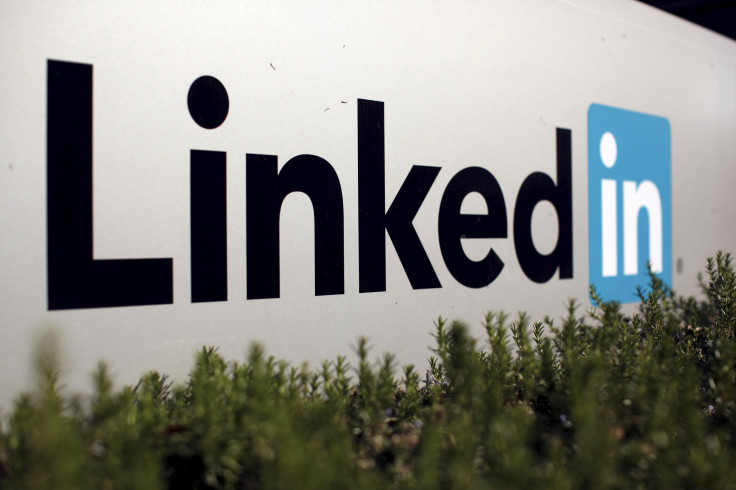After LinkedIn, Are Facebook, Twitter Next? Russia Could Ban More Services With Data Storage Clause

A day after Russia began blocking professional networking platform LinkedIn, the United States expressed concern over the move Friday, saying the decision set “a troubling precedent.”
Maria Olson, spokeswoman for the U.S. embassy in Moscow, said in a statement to Reuters: “The United States is deeply concerned by Russia’s decision to block access to the website LinkedIn. This decision is the first of its kind and sets a troubling precedent that could be used to justify shutting down any website that contains Russian user data.”
LinkedIn is headquartered in Mountain View, California, and its data servers are located in various states around the U.S. — California, Oregon, Texas and Virginia — as well as in Singapore. In 2014, Russian President Vladimir Putin approved a law that made it mandatory for social networking companies to store data of their Russian users on servers located within Russia. The law came into effect September 2015.
However, it was enforced only on Thursday, when following a court order, the country’s communications regulator, Roskomnadzor, ordered internet service providers (ISPs) to start blocking access to LinkedIn, which has over 6 million registered users in Russia.
A spokeswoman for the company said: “Roskomnadzor's action to block LinkedIn denies access to the millions of members we have in Russia and the companies that use LinkedIn to grow their businesses.”
According to reports, the company wants to meet with Roskomnadzor to sort out the data localization requirement, so it can keep operating in Russia. But the development could mean other social media platforms could soon be facing the same problem.

The law has been criticized as being internet censorship in disguise, a charge Russia denies by saying it only wants to properly protect data of and on Russian consumers, which it says it can only do if the data servers were located within its jurisdiction.
And that could spell trouble for popular platforms like Facebook and Twitter. If they don’t move their data servers that contain information about their Russian users to Russia, ISPs in the country could be forced to block access to those services as well.
There are currently 21.44 million Facebook users and 8.95 million Twitter users, according to data compiled by statista.com.
© Copyright IBTimes 2025. All rights reserved.



















